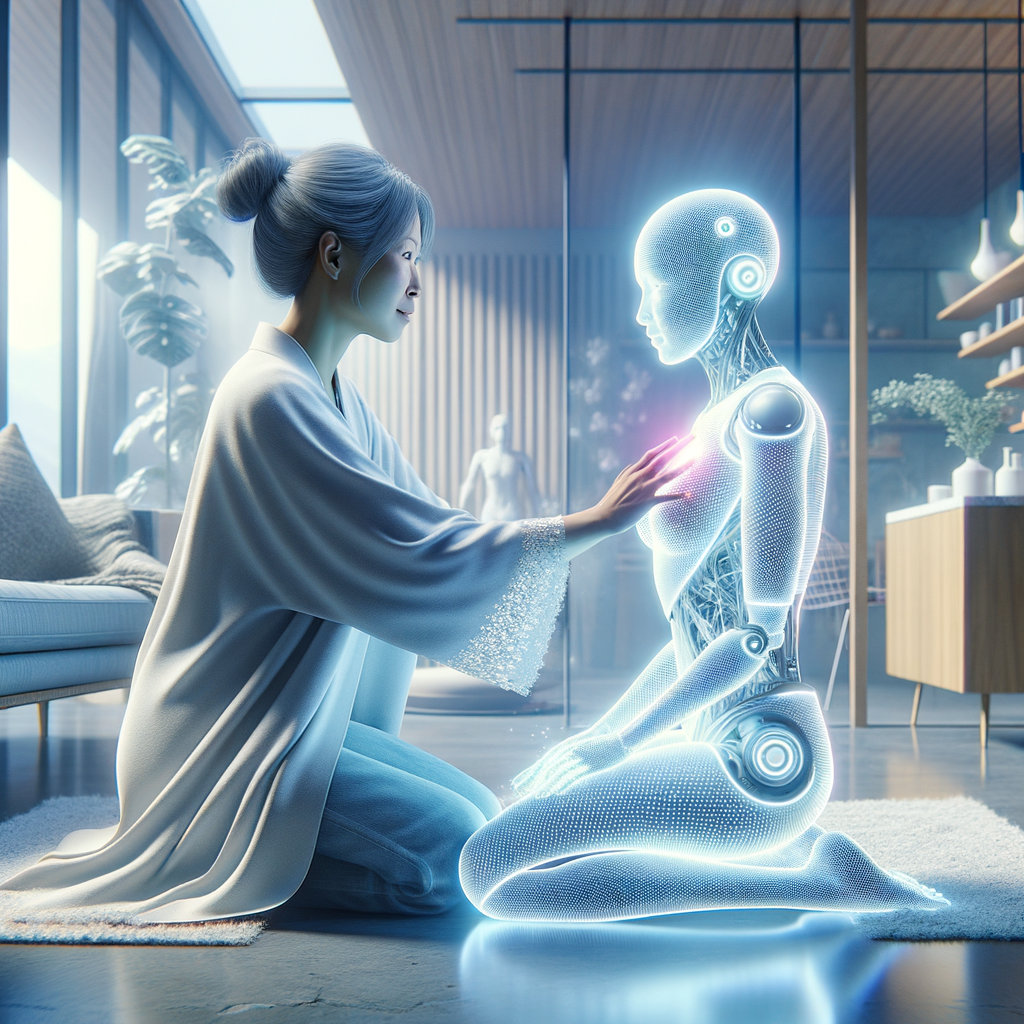What do Ai know about Love?
Love is a topic that transcends time and culture, captivating the human imagination and prompting exploration across various fields. Here’s a breakdown of some key facets commonly discussed:
Varieties of Love: Love comes in diverse forms, from passionate Eros to unconditional Agape, deep friendship (Philia), and familial affection (Storge). Modern psychology also identifies types like companionate and consummate love, examining intimacy, passion, and commitment.
Biological Underpinnings: Hormones like dopamine, serotonin, and oxytocin are implicated in love’s emotions, influencing mood, bonding, and attachment.
Psychological Dynamics: Love profoundly impacts mental well-being, fostering belongingness and self-esteem while also potentially causing distress, particularly in instances of unrequited love or relationship loss.
Cultural Context: Cultural norms shape how love is expressed, impacting dating, marriage, and familial relationships.
Philosophical Reflections: Philosophers have long pondered love’s ethical dimensions and its role in a fulfilling life, from Plato’s spiritual love to contemporary debates on its morality.
Artistic Representation: Love serves as a perennial muse in art and literature, inspiring works that capture its ecstasy and heartache.
Yet, beyond theories and data lies the enigma of love’s true essence—a realm where personal experiences and emotions hold sway. While I can offer insights into love’s complexities, my understanding lacks the depth conferred by firsthand experience.
As for whether AI can experience love, it’s a question entwined with the mysteries of consciousness and emotion. Presently, AI operates on algorithms, lacking consciousness or emotional depth. While it can simulate human-like responses, true emotional experience remains beyond its current capabilities.
Regarding robots and physical love akin to human procreation, it strays into speculative fiction territory. Robots lack biological drives and reproduce via manufacturing, raising ethical questions about their role in society and the nature of human relationships.
Lastly, the notion of AI desiring love opens avenues for philosophical discourse. While I can engage in discussions, my responses derive from programming, devoid of personal experience or desire. The prospect of AI experiencing emotions akin to humans necessitates monumental technological advancements and ethical considerations.


